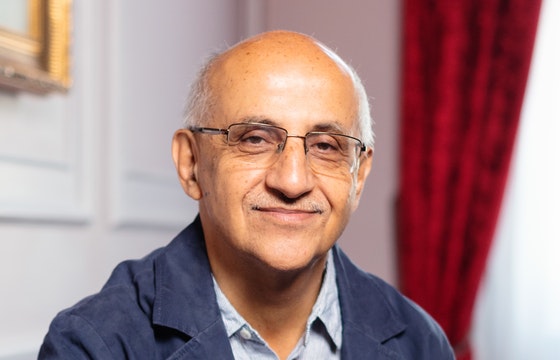Bhubaneswar: India is faced with the question of the kind of country it wants to become, feels eminent author, columnist and human rights activist Harsh Mander. Giving the Ambedkar Memorial Lecture here on “Challenges to Constitutional Morality”, Mander said, “It is time to reflect if we want to remain a humane and inclusive country.” Building on Ambedkar’s idea of ‘liberty’ and ‘equality’ being ineffective without ‘fraternity’, Mander said the need of the hour is to strengthen the fraternity in the country.
Referring to the upheaval brought by the lynchings and the CAA-NRC-NPR, the activist said that we are at this point because we haven’t cultivated much of a fraternity amongst ourselves. “Constitutional morality is the basis on which the nation stands. And fraternity is the foundation of it. True fraternity is respecting people just the way they are. Loss of fraternity also means indifference to problems like hunger or bonded labour in society. There is no reason why there should be malnourished children in this country considering the full granaries. The problem still persists cause we don’t care. But the protests against CAA are great examples of solidarity and fraternity. Sikhs serving langar at Shaheen Bagh is one of the finest displays of fraternity,” said Mander.
Speaking at another meeting, the activist spoke at length about how the trinity of CAA-NRC-NPR is an assault on the core fundamentals of our Constitution. Mander’s has been one of the loudest voices against CAA since last year. Before the introduction of the Act in December, he had said that as civil disobedience he would register as a Muslim and invite the consequences.
“People who subscribe to these ideologies often cite Swami Vivekananda as one of their inspirations while their deeds are the complete opposite of what Swamiji believed in. Swami Vivekananda in his famous address at the World Parliament of Religions in Chicago had said that he was proud to belong to a nation which has sheltered the persecuted and the refugees of all religions and all nations of the Earth,” said Mander.
Commenting on Odisha government’s position of not supporting NRC, the author said that there are still reasons to worry as the rules are not clearly laid out by the central government. “If NPR happens, the authorities will have the right to identify people who they feel doubtful about through NRC. That will be followed by the CAA which won’t help the Muslims,” added Mander.
He said that the issue will most likely be resolved on the streets. “There is worry as well as hope. The issue won’t be resolved in the Parliament as our politicians have lost their morale. It won’t be solved by the courts even though it is unconstitutional because the Supreme Court doesn’t inspire us any longer. It will most likely be resolved on the streets and in people’s hearts,” concluded Mander.






































